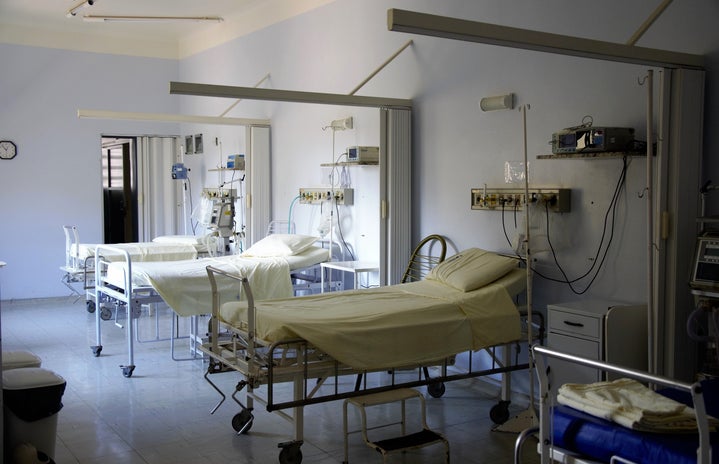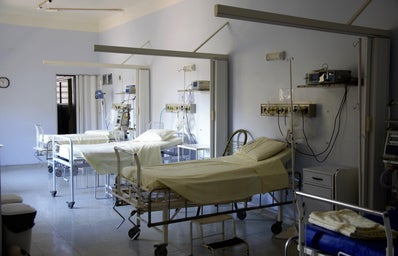According to the CDC, harm reduction is any behavior or strategy that helps reduce risk or harm to yourself or others. Harm reduction programs surrounding drug use are no different. A harm reduction program generally involves providing physical assistance through syringe exchanges, naloxone distribution, and wound care to minimize risk for drug users, but the impact goes far beyond handing out bags of supplies. Joe Hui, Director of Communications at CrescentCare, a health clinic located in New Orleans, describes the true mission of harm reduction programs: “It’s all about treating people with dignity and respect, building relationships that encourage trust in healthcare systems, improving quality of life, and getting people to consider better management or recovery from drug use.” The most important thing we can do is treat drug users with respect and compassion.
A common argument used by those who are anti-harm reduction programs is that harm reduction programs, such as safe injection sites, enable drug use and/or boost drug usage rates in America. This is a harmful statement that perpetuates the “war on drugs” ideologies. When in truth, these sites have ensured a decrease in the number of overdoses as well as a decrease in the transmission of blood-borne diseases. These sites are often run by medical staff who not only perform medical care when needed but provide clean needles and syringes and any other services, which range from addiction recovery resources to rehabilitation clinics in the area, that would help those with addiction issues live a longer and healthier life.
Society has to remember that drug addicts are humans too. They deserve the empathy and care that the public would give to any other citizen. Yet the ongoing stigma perpetuated by the media claims that addiction is self-inflicted due to one’s weak nature or one’s moral failings or any other host of reasons. It insinuates that they deserve to suffer the consequences due to their choices but what society fails to understand is that various circumstances can lead to the abuse of drugs and later addiction. The Mayo Clinic states that the main causes of drug abuse are a family history of addiction aka gene predisposition, mental health disorders, peer pressure, early use in life, the taking of known highly addictive drugs, home or family situations one is born into, social class aka environment, etc.
Fortunately, there are over 15,000 rehabilitation clinics in the U.S. that strive to aid drug users on their path to recovery. These programs along with new harm reduction programs being put into place nationwide give me hope for a better and safer place for future generations.


